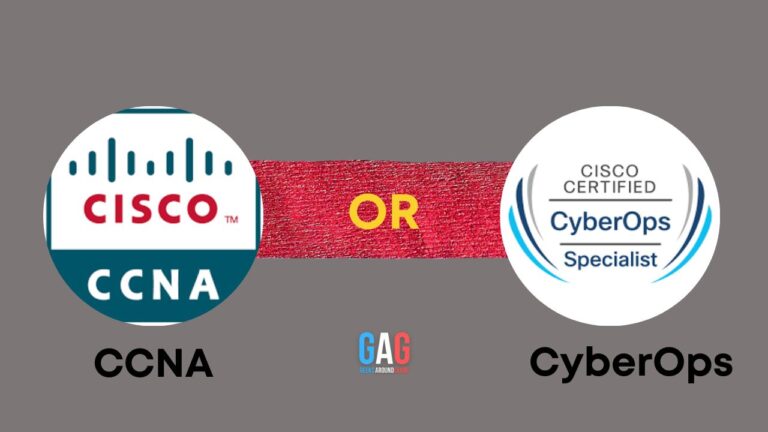The internet is a double-edged sword—a vast repository of knowledge and connectivity, yet also a shadowy maze where personal data is at constant risk. For web enthusiasts, who spend a considerable chunk of their lives online, safeguarding personal information becomes not just a precaution but a necessity. Whether you’re a casual surfer, a developer profound in code, or somewhere in between, these tips will help fortify your online presence against the prying eyes of the digital wilderness.
Image source: Pixabay
Collaborate with IT Security Professionals
One of the most proactive steps you can take to protect your online presence is to collaborate with IT security professionals. IT gurus from Incogni, for example, can help you take back control of your data, reduce spam, and prevent scam attacks. Don’t let data brokers, advertisers, or cyber criminals have the upper hand; teaming up with IT experts gives you an extra layer of protection and peace of mind.
Working with them helps you grasp the complexities of the digital world and your data’s vulnerabilities. They provide solutions to privacy issues and educate on future online best practices. This partnership is a crucial defense line, empowering you to confidently and safely navigate the web.
Armor Your Digital Identity with Iron-Clad Protection
In web security, it’s possible to be cautious. Always use secure connections (HTTPS), whether on your personal computer or public Wi-Fi, to encrypt data and prevent eavesdropping. Opt for two-factor authentication (2FA) for extra protection against unauthorized access.
Regularly updating your software and operating systems is crucial because updates often include vital security patches. These practices protect your personal and financial information from unauthorized access and make it more challenging for cybercriminals to harm your digital well-being. Following these steps significantly strengthens your online presence, safeguarding your data from the numerous threats in the digital world.
Utilizing Privacy-Focused Tools and Platforms
The internet is filled with valuable tools and platforms, but not all of them prioritize user privacy. When browsing the web or downloading apps, be mindful of their data collection policies. Opt for open-source software that allows you to see and modify its source code, providing greater transparency and control over your data.
Image source: Pixabay
Consider using VPNs to hide your online activities from third parties. Also, use privacy-focused browsers and search engines that don’t track your searches or save your browsing history. These tools can keep your online presence discreet and protect your personal information from being shared without your consent.
As technology evolves, so do the threats to online privacy. It’s crucial to stay informed and up-to-date on the latest trends and developments in web security. Keep an eye out for data breaches or leaks that may affect your personal information. Be wary of phishing scams and always double-check the authenticity of any website or email asking for sensitive information.
Educating yourself on safe internet practices and staying vigilant in protecting your data will go a long way in maintaining online privacy. Continuously learning and adapting to the ever-changing landscape of web security is essential for keeping your personal information safe from prying eyes.
Protect your online data with a proactive and vigilant approach. Use the tips mentioned to lower the risk of data breaches, spam, and cyber threats. Stay informed and regularly update your security to keep pace with evolving online privacy. With the right tools and practices, regain control of your data for a safer online experience.







